Our enterprise-ready, hybrid cloud capabilities let IT operations and development and test professionals quickly and securely extend on-premise environments to Skytap Cloud.
New features, including Network Address Translation (NAT), Command Line Interface (CLI) and Single Sign-On (SSO), enable development and test teams to more quickly and easily deploy virtual environments in Skytap Cloud, while providing the security, visibility, and control required by enterprise IT.
Network Address Translation (NAT)
Network management is a top challenge facing today’s development and test professionals, which must create and manage network routes, VM IP addresses, and other related tasks in order to deploy a working virtual environment. Most cloud solutions accommodate this need by providing pre-configured computing environments, known as templates or golden copies, which are designed for developers and testers working in isolation. However, this model does not work for globally dispersed teams who need their working copies to be on a network with routes to the networks of other team members, as it can create IP and MAC address conflicts.
Powered by Skytap’s software-defined networking capabilities, NAT alleviates these challenges. It allows users to automate the creation of one-to-one NAT IP relationships enabling them to deploy copies of the same virtual environment simultaneously, without the need to adjust machine network addresses. Users gain full network access when connecting on-premise environments to Skytap Cloud using a secure virtual private network (VPN), or when setting up inter-configuration network routing (ICNR) between Skytap Cloud instances.
[Learn more about Dynamic Network Management]
Command Line Interface (CLI)
Skytap’s Command Line Interface (CLI) grants development and test professionals the ability to work from a command shell and easily script calls to the documented Skytap Cloud REST-based API. CLI also enables administrators to easily audit their Skytap Cloud environments through scripted API commands, or integrate with monitoring tools already in use. Skytap Cloud API is open, flexible, and provides developers with an additional avenue for programmatic automation and customization. Skytap also offer several new capabilities which perform more complex actions such as copying VMs between regions.
[From the Developer’s desk: Using the Skytap Cloud Command Line Interface VM Template]
Single Sign-On (SSO)
Skytap Cloud now supports federated authentication, or Single Sign-On (SSO), utilizing SAML 2.0. Customers can now access Skytap Cloud using corporate directory credentials and applications such as Microsoft Active Directory Federation Services or Ping Identity’s PingFederate.
In addition, Skytap allows customers to share virtual environments within their organization securely by utilizing SSO. Securing Published URLs with SSO ensures that these shared resources are only available to those in the customer’s user directory (LDAP, Active Directory).
[Using Single Sign-on in Skytap Cloud]
Read the related press release: Skytap Introduces Enterprise-ready Hybrid Cloud Capabilities for DevOps Professionals and Teams
